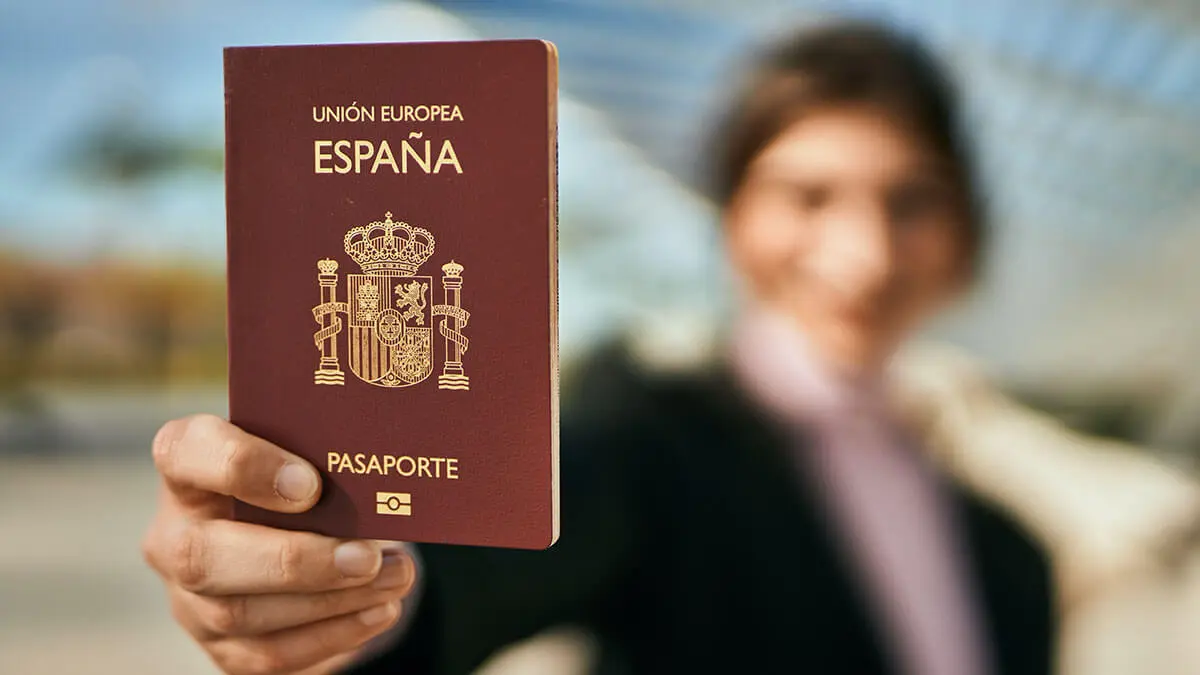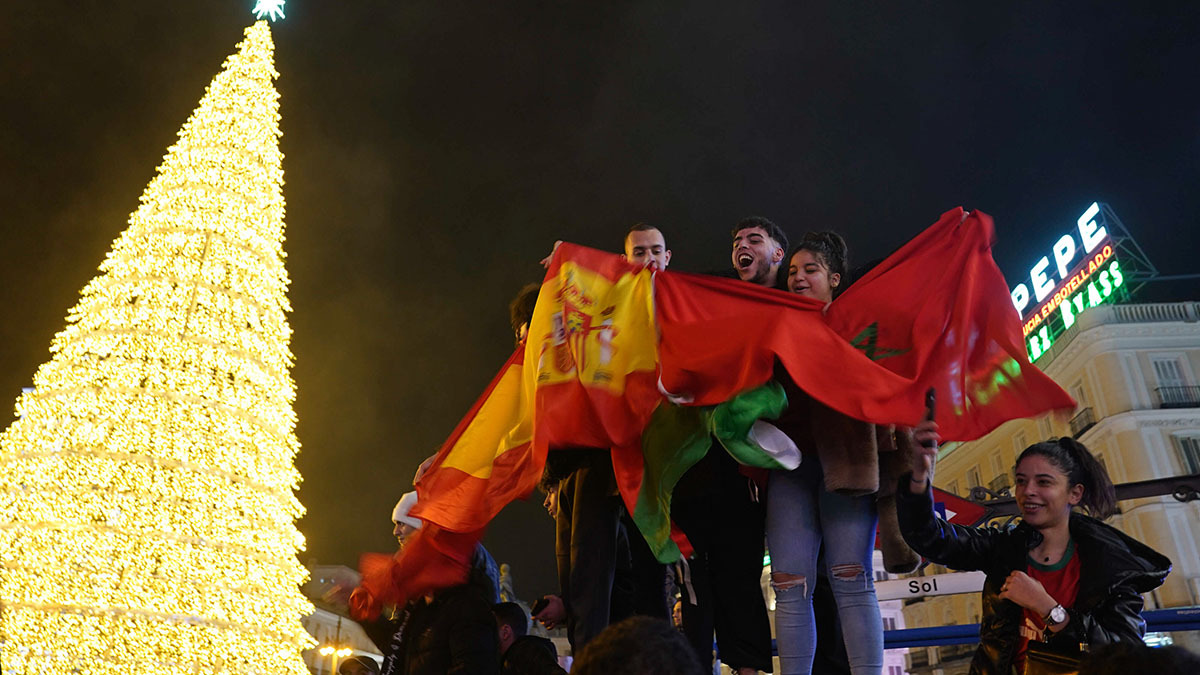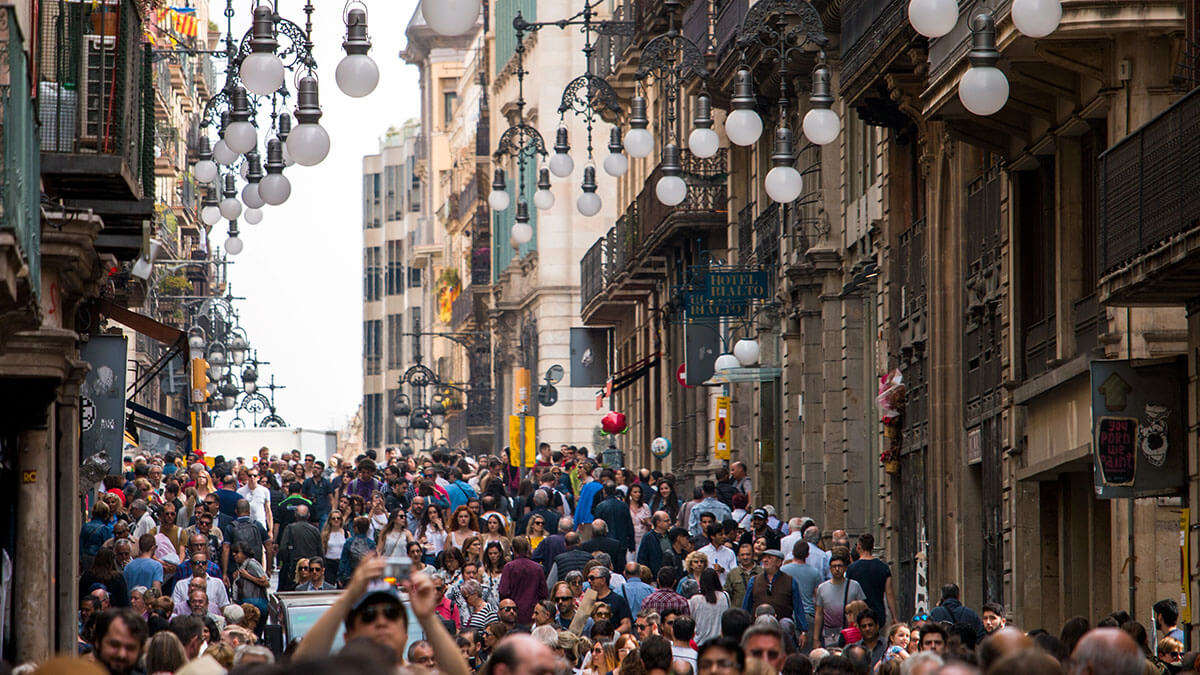The Moroccan community in Spain exceeds one million naturalised citizens

The Moroccan diaspora in Spain has consolidated its position as the most highly represented foreign community in the country with more than 1.1 million Moroccans. This demographic growth is due to the strong regional implementation between the Moroccan and Spanish authorities.
According to the latest figures published by the National Institute of Statistics (INE), the number of naturalised Moroccans stood at 261,000 between 2018 and 2024.
Of the approximately 1.1 million Moroccan citizens residing in Spain, only 35% have Spanish nationality, so in the eyes of the Administration they are still Moroccan, which means that more than 650,000 exclusively Moroccan citizens reside in Spain.

Unlike other countries, Spain does not automatically grant dual nationality, however, Morocco does not recognise the loss of this nationality, which gives rise to an anomalous situation in which these Spanish citizens continue to be Moroccan for the authorities of the Alaouite country. This means that for Spain, those who have been naturalised as Spanish are Spanish, since they are obliged to lose their Moroccan nationality, but for Morocco they will always be Moroccan.
There are many reasons for acquiring nationality, but three stand out: full access to civil rights (voting, legal stability); employment opportunities, including in the civil service; and freedom of movement within the European Union, facilitating professional opportunities.
Within Spain, the Moroccan diaspora is particularly concentrated in Catalonia, where 28% of them are to be found, in Andalusia with 18%, and in Murcia with 10%. In the rest of the country, the distribution is fairly even, ranging from 2% to 5%, with the exception of the autonomous cities of Ceuta and Melilla.

However, of the 261,000 new Moroccan citizens who have been naturalised in recent years, 46.2% reside in Catalonia and the Community of Madrid.
With regard to the profile of Moroccan citizens in Spain, 53% are men between the ages of 19 and 49, so the Moroccan population residing in Spanish territory is considered young. Part of this figure is the result of the more than 25,000 births of Moroccan citizens per year since 2019. Of the total number of Moroccans in Spain, 22% contribute to Social Security.









